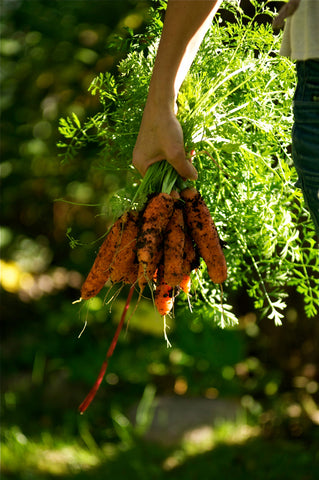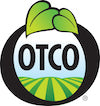5 Inexpensive Tips for a Thriving Organic Garden

If the climate matters to you, there’s truly nothing more magical, more economical and more simple than starting your own organic garden.
Not only does a home garden provide you with food that’s essentially free, but it also provides you with the freshest food possible. It gives you a healthier hobby than staring at the television, and it can actually do the planet a whole lot of good in the process. The more food we grow ourselves, the less our food system relies on fossil fuels to transport food from farms to markets. We use less water in our home gardens than commercial growers do, and with California’s drought showing no sign of letting up anytime soon, this could become even more important.
Looking to get your own organic garden going? Here are a few helpful tips for a low-cost and low-maintenance garden:
- Start from seeds: Those little starter plants at the nursery may look adorable but they’re more expensive than a packet of seeds. And nothing rivals the thrill of watching seeds sprout into food! It’s a great project, especially for kids.
- Compost: Use your leftover food scraps, coffee and other bio-waste to make compost, which will not only make you feel better about keeping waste out of landfills, but you’ll also come away with nutrient-rich soil for a really healthy garden.
- Grow what thrives in your climate: It’s definitely tempting to want to grow your favorite fruits and veggies, but if they aren’t native to your region, you could wind up using more water and fertilizer to get them going. Stick with regional produce and you’ll benefit more.
- Co-plant: Some plants work really well together (like corn, beans and squash, aka the Three Sisters). So while you’re considering what’s right for your climate, also consider which plants will support each other and help your garden be the best it can be.
- Use natural pest and weed control methods: They may take a bit more time than spraying chemicals, but they’re infinitely better than the alternative. Attract pest eaters with appropriate plants or perches for birds, bats and other animals who forage on pesky insects. Plant herbs like mint or garlic that deter animals and insects, and use fencing when possible.
Image: Zdenko Zivkovic
Leave a comment
Comments will be approved before showing up.


